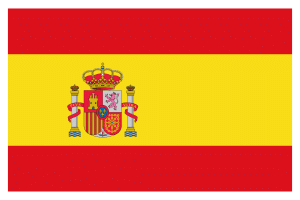
Dual Diagnosis – Costa Rica Treatment Center – Addiction and Mental Health
What are Dual Diagnosis and Co-occurring Disorders?

Often with substance abuse and drug use disorders it happens that other disorders related to mental health are present. An example would be Alcohol abuse and depression. These are co-occurring disorders, dual disorders or sometimes called a dual diagnosis.
By standard a separate treatment would have been undergone treating only either of these. So it can happen that a person receives attention only for depression, but never for alcoholism leaving the patient with no successful rehab option from the start.
What are the symptoms of Co-occurring Disorders?
Symptoms of addictions and mental health issues, and the relationship between these conditions is clear. For example, symptoms of addiction to cocaine, prescription drugs, marijuana, heroin/ opiates or hallucinogenic drugs include:
- Irregular heartbeat
- Sudden shifts in personality or attitude
- Poor performance at work or school
- Moodiness
- Paranoia
- Social withdrawal
- Forgetfulness
- Euphoria
- Decreased appetite
- Depression
- Inability to sleep
- Sweaty palms, shaky hands
- Hyperactivity
- Nausea and vomiting
Symptoms of mental issues like bipolar disorder, schizophrenia or depression include:
- Delusions or hallucinations
- Suicidal thoughts
- Anger-related issues
- Fear and anxiety
- Depression
- Euphoria
- Social withdrawal
- Moodiness
Are there health complications associated with Co-occurring Disorders?
Health complications for certain addictions like Alcohol, Marijuana, Cocaine, Methamphetamine, Opiate and Prescription drugs can be found on there respective pages we have linked to. All other mental health issues can strongly relate to physical illnesses, like heart disease, strokes, cancer, diabetes, eating disorders and so on.
What are treatment options for Co-occurring Disorders?
Co-occurring disorders can sometimes be hard to diagnose. Symptoms of substance abuse or addiction can be confused with symptoms of mental illness, and symptoms of mental issues can mask symptoms of addiction. People with mental health disorders sometimes do not address their substance use because they don’t believe it is influential to their problems and needs.
Individual Rehab
The only proven successful technique to rehab is an integrated treatment. Treating just one disorder will not cause the other to improve by itself. And separate, tandem care for the disorders does not result in one, effective treatment plan. To be efficient and effective, both disorders must be treated at the same time, in the same place, by the same qualified treatment team. We pride ourselves to offer success with such an inpatient rehabilitation program. Tailor-made for every person. The inpatient program can last anywhere from 30 days to a year. It can help you handle withdrawal symptoms, emotional challenges


